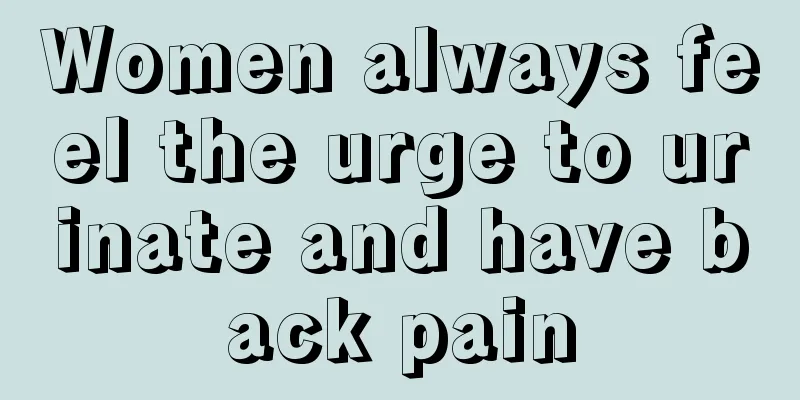Urethra pain female

|
Urethral pain is actually a general term. When the urethra stings, it is likely due to pain in the urethra, bladder or perineum. There are many reasons for urethral pain, such as inflammation, gonorrhea and non-gonococcal urethritis. To treat this situation, you need to first find the cause of the disease, and then treat it according to the primary disease before you can recover. Inflammation caused by sexual contact with people infected with Chlamydia and Mycoplasma. 1. Gonorrhea If a large amount of thick purulent discharge is seen at the urethral opening, it may be gonorrhea. 2. Non-gonococcal urethritis Only thin white mucus may be non-gonococcal urethritis. 3. Prostatitis If there is only a small amount of secretion in the early morning or after urination, or even a small amount of grayish white mucus or purulent secretion is seen when squeezing the urethra, it may be prostatitis. Differential Diagnosis 1. If there is obvious stinging pain at the beginning of urination or combined with difficulty urinating, the lesions are mostly in the urethra, which is common in acute urethritis. 2. If there is pain at the end of urination and urgency, the lesion is mostly in the bladder, which is common in acute cystitis. 3. If there is obvious pain at the end of urination, pain still exists after urination, or a feeling of "empty pain", or pain occurs even without urination, the lesions are mostly in the urethra or adjacent organs, such as trigone inflammation, prostatitis, etc. 4. Sudden interruption of urination accompanied by pain or urinary retention: seen in bladder, urethral stones or foreign bodies in the urinary tract. 5. Difficult urination accompanied by distension and pain: This often indicates prostate hyperplasia in elderly men and can also be seen in urethral stones. 6. Stinging or burning pain during urination: more common in acute inflammatory stimulation, such as acute urethritis, cystitis, prostatitis, and pyelonephritis. Pain in the urethra, bladder, and perineum when urinating. The pain can be mild or severe, often feeling like a burning sensation, with severe cases feeling like a knife cut and mild cases feeling like a needle prick. Or there may be a mild feeling of heat in the urethra, abnormal secretions from the urethra, or symptoms such as frequent urination, urgency, pain, difficulty urinating, and hematuria. |
<<: How to lose weight if you have polycystic ovary syndrome
>>: How to treat polycystic ovary syndrome
Recommend
What are the female contraceptive methods?
There are many methods of contraception, some are...
Breast tumor-like changes
Many people have heard of breast cancer and breas...
How long does it take for a baby to be full if the milk supply is sufficient?
After the baby is born, breast milk is the baby&#...
What is the reason for brown discharge during pregnancy?
After a pregnant woman becomes pregnant, various ...
Is the process of medical abortion painful?
The process of medical abortion is not painful, b...
How to read the four-dimensional color Doppler ultrasound report
Many pre-pregnancy physical examinations require ...
One month after surgery, ovarian cyst reappeared
The uterus and ovaries are one of the most import...
How much does it cost to do a four-dimensional scan during pregnancy?
It is necessary for pregnant mothers to carry out...
Don't pick your belly button randomly, it's not only smelly, but more importantly...
It's almost the beginning of autumn, but the ...
12-year-old girl diagnosed with anemia after drinking three cups of coffee a day! Can she still drink coffee happily in the future?
Autumn and winter arrive, the weather is getting ...
What is the reason for excessive amniotic fluid in late pregnancy?
The importance of amniotic fluid to the fetus is ...
Is menstrual blood waste in the body?
The menstrual blood discharged by women every mon...
How to deal with abdominal pain in girls
Girls should know how to take care of their own b...
My stomach hurts when I'm pushed during sex
Many married women report that they always feel a...
What are the differences between Shanlihong and Hawthorn? What are the methods for preserving Shanlihong?
Shanlihong and Hawthorn are very similar in appea...









